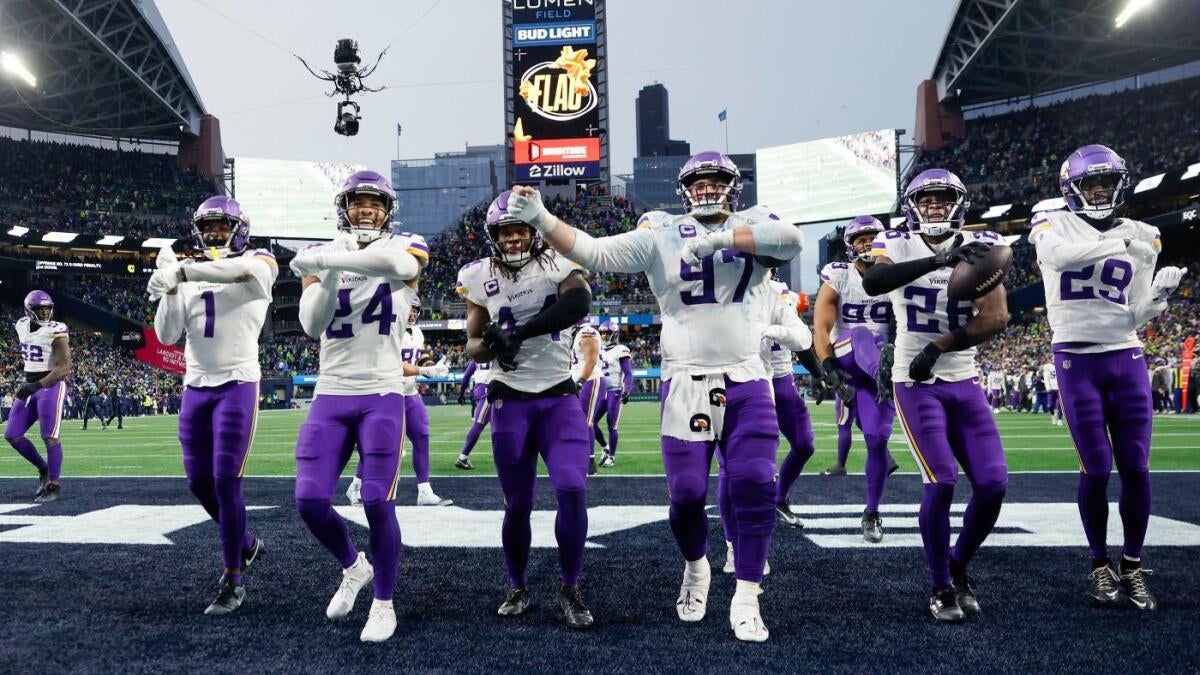The NFL’s 2025 International Schedule: Redefining Football’s Global Reach
The NFL’s 2025 international schedule isn’t just another season—it’s a bold statement. With seven games spanning five countries, the league is pushing boundaries like never before. At the heart of this expansion is the Minnesota Vikings, set to make history with back-to-back international games in Dublin and London. But this isn’t just about logistics or revenue; it’s about transforming football into a truly global spectacle.
Breaking New Ground: The Vikings’ Unprecedented Journey
The Minnesota Vikings are stepping into uncharted territory. On September 28, 2025, they’ll face the Pittsburgh Steelers at Dublin’s Croke Park—the first NFL game ever played in Ireland. Just a week later, they’ll take on the Cleveland Browns at Tottenham Hotspur Stadium in London.
This back-to-back international play is a logistical challenge, but it’s also a strategic masterstroke. The Vikings aren’t just playing games; they’re embedding themselves in new markets. Croke Park, a legendary rugby venue, will now host American football, blending traditions in a way that could captivate Irish fans. Meanwhile, London’s NFL fanbase, already one of the most passionate outside the U.S., gets another marquee matchup.
For the Vikings, this schedule tests adaptability. Jet lag, unfamiliar stadiums, and shifting routines could impact performance. But the upside? A chance to grow their brand globally, attract new fans, and create unforgettable moments.
The NFL’s Global Playbook: Why Expansion Matters
The 2025 slate isn’t just bigger—it’s smarter. Seven games across five countries (U.S., U.K., Ireland, Spain, and Germany) signal a deliberate shift toward international growth. The Washington Commanders’ game in Madrid is another milestone, introducing NFL football to Spain for the first time.
This expansion isn’t accidental. The NFL has been methodically building its international presence, from the London Games to Germany’s successful debut in 2022. The league knows that long-term growth depends on cultivating fans outside the U.S. More games abroad mean more merchandise sales, TV deals, and youth engagement—key ingredients for sustaining the sport’s future.
But it’s not just business. These games create cultural exchanges. Imagine tailgating in Dublin, or Spanish fans adopting the Commanders as their team. The NFL isn’t just exporting games; it’s fostering communities.
Challenges and Opportunities for Teams
For players, international games are a double-edged sword. Travel fatigue is real, and adjusting to time zones can disrupt routines. Teams must balance preparation with recovery, especially when playing back-to-back abroad.
Yet, the rewards outweigh the risks. Players get to experience new cultures, and franchises gain exposure in untapped markets. The Vikings, for example, could see a surge in European merchandise sales. The Commanders might become Spain’s favorite team overnight. These games aren’t just about winning on the field—they’re about winning over hearts worldwide.
What’s Next? The Future of International NFL Games
If 2025 is any indication, the NFL’s global ambitions are just getting started. Rumors suggest Australia could host a game soon, and South America might be next. The league’s goal? A permanent international presence, possibly even a franchise based outside the U.S.
Imagine a world where the NFL has divisions in Europe or Asia. Where the Super Bowl rotates between continents. It’s not fantasy—it’s the logical next step. The 2025 schedule is a preview of that future.
Conclusion: Football Without Borders
The 2025 NFL international schedule isn’t just a lineup of games—it’s a blueprint for the future. The Vikings’ historic doubleheader, the Commanders in Madrid, and the league’s record-breaking seven international games prove one thing: football is no longer just America’s game. It’s the world’s.
As stadiums from Dublin to Madrid fill with roaring fans, the NFL isn’t just expanding its reach—it’s redefining what football can be. And for fans everywhere, that’s something worth celebrating.











